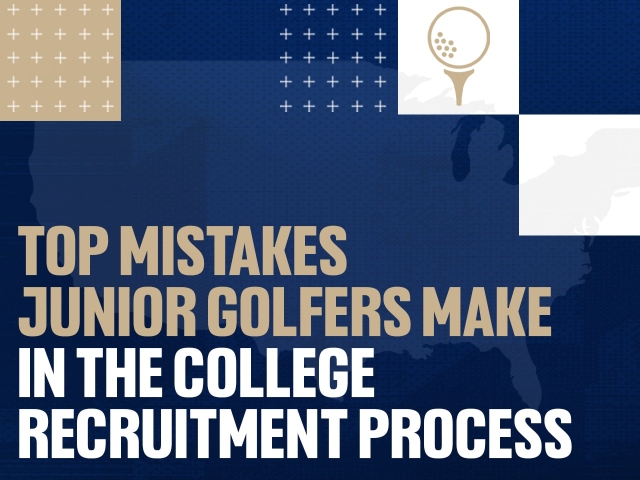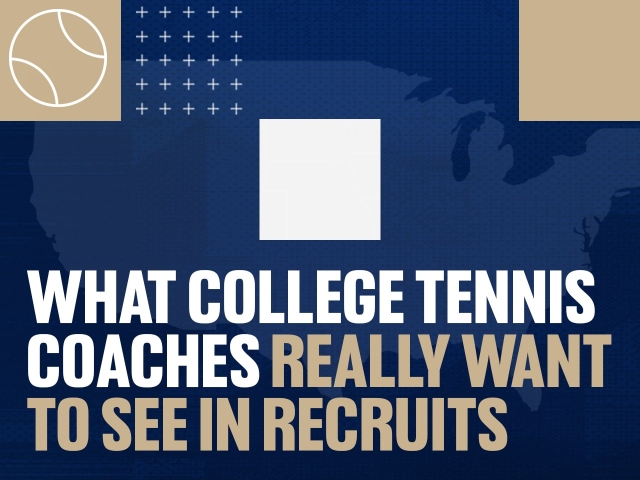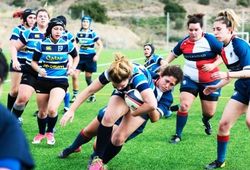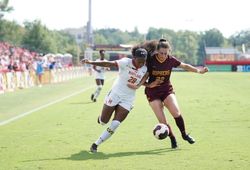For many athletes, it’s difficult to imagine life after sports. However, there will come a day when every athlete will close his or her locker for the last time. This departure from organised sports is bittersweet, an ending of a tremendous era, but the start of many new adventures. Thankfully, former college athletes are well prepared to handle the challenges of post-athletic life, especially when it comes to thriving in the workplace.
A study published in the Journal of Leadership & Organizational Studies pointed out that former high school and college athletes tend to have higher-status careers than non-athletes. The study showed that employers expect former athletes to display significantly more leadership, self-confidence and self-respect than those outside of sports, which could be responsible for their placement in these higher-status roles. Former athletes also earn about 5-15% than non-athletes, an advantage that doesn’t exist for any other extracurricular activity.
While athletes overall generally fare better than their non-athlete counterparts, female athletes have the biggest advantage of all. A recent study by EY Women Athletes Business Network and espnW surveyed more than 400 female executives in five countries (20% were U.S. women). Of the top executives, more than half competed in collegiate sports, and only 3% of the women never participated in sports at all.
Why is it that former athletes move on to do so well in the corporate world? Their success is linked to the skills that they gained from sport, which directly transfer over to the workplace. At the end of the day, a professional workplace is very similar to the team environment athletes grew up in. Their familiarity with being part of a sports team gives them the skills to seamlessly adapt to the workplace. There are coaches and mentors, rules, teammates, goals, wins and losses. Athletes’ experiences with each of these factors gives them a script to pull from when transitioning to the workplace
Mallory Winters, former four-year starting catcher for Butler University’s softball team, now coaches a U16 softball team and explains some of the top qualities she impresses upon her athletes that directly help them experience success in the workplace:
Failure recovery: Winters defines this as the ability to fail and immediately bounce back. “This lesson in sports not only prepares them for what will happen in the real world, but it teaches them the mental toughness necessary to move beyond failures and still find success,” she says.
Coach-ability: “As coaches, we try to impress upon our athletes that their way may not always be right,” she explains. “The willingness to accept feedback and translate it into action—whether it be a new hitting technique or a new pitch they learn—allows them to be better college players and employees for the many different bosses they will have.”
Control the “controllables”: An athlete’s attitude, effort and engagement are all aspects of the game that they can control. It’s important for athletes to focus on these aspects that they can impact by their own decisions, and adapt to those outside of their control like the weather, umpires or the game’s outcome. “You control how you react and recover. In the workplace, the same rings true. Your effort and output matter, regardless of the circumstances that are out of your control,” she says.
Work ethic: Athletes know what it’s like to work when they are tired, hurting, lacking sleep and so much more. They know how to push themselves just to make it to the next inning. Winters explains, “Athletes see the big picture and are diligent in the details, knowing that the ‘little things’ often matter the most.”
Leadership: Winters points out that athletes not only understand how to be leaders, but also how to lead in the right direction. “Athletes know how to rally others behind them and push everyone’s mindset in the right direction,” she says.
A focus on the team: Being a great teammate is not just about supporting each other during the highlights, but also pulling each other up when someone is falling behind. And this is a great skill to have in the ups and downs of the workplace. “When athletes see a teammate who is struggling, they are going to go out of their way to bring her back into the fold. They are competitive, but use it to push each other to be the best version of themselves possible.”
As athletes look to transition to the next phase of their life, they can use the power of their experience in sports to be hired after graduation. While hundreds of thousands of students graduate from college each year, only a small percentage of them are athletes. Winters advises, “You bring something different to the table. Whether you were a team player, a role player or a walk-on, you’ve pushed yourself to the end of your rope, while also achieving in the classroom” and this makes a difference.





